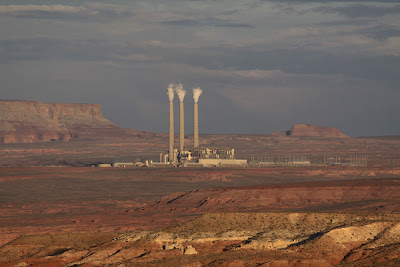 |
| Photo Credit: Kate Clayton-Jones |
"I came into this world carrying water on my head, and I refuse to leave this world still carrying it." ~Mildred Mkandla from an interview with WEA Research Fellow, Beth Robertson, during the 2011 GWWI Women and Water Training in Uganda.
Mildred Mkandla, known as “Mama Maji” (Mama Water in Swahili) is the “MacGyver” of rainwater harvesting. She believes that every drop of water is precious and can be harnessed, captured and stored using almost anything. Give her some rocks and she’ll make a water catchment system. Give her a plastic tarp and she’ll capture rainwater off a thatched roof. Give her a piece of bamboo and she’ll make a gutter. Because rural grassroots communities may not have access to financial capital, appropriate roofs to hang gutters, or even the materials necessary to build tanks, Mama Maji works with African women to provide access to different water harvesting options that are financially feasible and contextually appropriate. As the Rainwater Harvesting Trainer at both the 2008 and 2011 GWWI Women and Water Trainings, Mama Maji helped to construct various rain catchment systems for our participants to learn, including an 11,000 liter Ferro-cement tank.
Mildred first came to the Global Women’s Water Initiative in 2008 from Ethiopia where she was the External Relations Director of EarthCare Africa Policy Monitoring Institute. At the time she was a development activist with more than 35 years experience in the fields of health, education and environment focusing mainly on women and children. She shifted her focus to water, gender and health in 2000. Now a seasoned RWH trainer, Mama Maji has offered trainings all over Africa. Her biggest achievement in this respect was a project on Empowering Women through Rainwater Harvesting in Kenya. This project concentrated in Kajiado District amongst the Masaai Pastoralists where women compete with livestock for water access.
Mildred has since moved back to her homeland of Zimbabwe where she believes that everything must start at home. She lives on her organic farm with her family and practices what she preaches. She has a 46,000 liter tank, that she built, which provides enough water for her family and the workers who live there. She is reconnecting with her community to share the knowledge she has gained from her work around the continent.
Mildred believes that teaching communities to create their own water source by capturing and storing rainwater is just one step in relieving women and girls from the burden of accessing water. The rest lies in the trainee’s commitment to enroll others in their vision.
"After building this tank in my community I have heard of others who want them too ... I see a seasonal build -- this season we build for one person, the next season we build for another person. We build and build until the whole community is covered with tanks and no one has to walk for water...."-Grace Kyoma, 2011 GWWI Training participant from Kiotjo Integrated Development Association (KIDA), Uganda after she installed her first Rainwater Harvesting Tank in her community
Even with her contributions, Mildred believes that there is much work to be done. At the 2011 Training in Uganda, she encouraged the participants to sign the Buziga Declaration, stating:
“We 56 women from Sub-Saharan Africa and the United States attending the East Africa Women and Water Training at Buziga Country Resort, Kampala, Uganda from 4th to 17th July 2011; having reaffirmed the integral role of women in water security, sanitation and hygiene-WASH, Do here by commit ourselves to working towards a world water movement that is committed to ensuring that every woman has adequate access to safe water and sanitation by 2025.
Signed this 18th day of July 2011
Kampala, Uganda”
The signatories hope that the Buziga Declaration will raise multi-level awareness to ensure access to safe water and by so doing lift the weight of water off of women and girls.
We stand in solidarity with Mildred and are inspired by her efforts to do her part. Together we are doing the best that we can, like the story of the hummingbird as told by the late Wangari Maathai. Click the following links to see Mama Maji in action at the
2008 Women and Water Training and the
2011 East African Women and Water Trainings.








